Cancer Treatments & Therapies
Personalized care close to home: surgery, medical oncology, and advanced radiation, including brachytherapy.
Often, there isn’t just one solution for cancer. Each person and situation is unique, and so is their battle with cancer. Technology and treatments are changing fast, and new, powerful options continually evolve.
The Riverside Cancer Institute is committed to staying at the leading edge of cancer care, so we can create a tailored treatment plan to help you fight your condition with confidence.
To request an appointment with a specialist close to home, call (815) 933-9660. You can also find an oncologist anytime online.
Surgery
Surgery is used in several ways to help people with cancer and often is the ideal first treatment. It also plays a part in diagnosing, staging and supporting cancer treatment. Riverside’s board-certified surgical oncologists specialize in the latest, safest, and minimally invasive techniques, including da Vinci® robotic surgery. This technology allows us to perform a variety of cancer procedures, including prostatectomy (prostate cancer) and hysterectomy (gynecological cancer), with better precision and fewer incisions. For you, that may mean:
- Less pain and scarring
- Fewer complications
- Shorter hospital stay
- Faster recovery
- Quicker return to your life
Medical Oncology
In medical oncology, chemotherapy is the use of anti-cancer medicines to destroy cancer by interfering with the cancer cell’s ability to grow or reproduce.
Other medical therapies we offer include:
- Chemotherapy: One of the most common treatments for cancer, and may be used alone or in combination with surgery or radiation.
- Immunotherapy: The use of the body’s immune system to help treat or prevent many health problems. Immunotherapy usually works best to treat early-stage cancers and may be used with other treatments to help them work better.
- Hormone therapy: Hormones help some cancer cells grow, such as breast and prostate cancer. In other cases, hormones can kill cancer cells or slow or stop their growth. Hormone therapy as a cancer treatment involves taking medications that interfere with the activity of the hormone or stop the body’s production of the hormone. It may also involve surgically removing a gland that is producing the hormones.
- Targeted therapy: Targeted therapies use medicines designed to turn off cancer cells’ ability to grow and spread. They target only cancer cells rather than all rapidly growing cells.
Radiation Therapy
Radiation therapy uses X-rays, gamma rays and charged particles to fight cancer. Like surgery, radiation therapy is used in several ways depending on the type and location of the cancer. Certain levels of radiation work to destroy cancer cells or prevent them from growing or reproducing. This treatment may cure cancer, control the disease or help relieve symptoms. Radiation therapy is given through different methods, depending on the type of cancer, the location of the cancer and your health and is sometimes used in combination with other treatments. Learn more about the two main types of radiation therapy, external and internal, and what to expect.
Pinpoint Accuracy and Precision
Riverside uses some of the most advanced radiation therapies available, which target tumors with extreme precision while preserving healthy tissue and minimizing side effects.
TruBeam Linear Accelerators
One of our latest options includes 2 TruBeam Linear Accelerators. This powerful, non-invasive radiosurgery system opens up treatment options for some of the most complex and challenging cancers in the lung, liver, kidney, pancreas, brain, spine and central nervous system. It works by choreographing highly sophisticated systems – imaging, beam delivery and motion control – allowing your cancer treatment team to see the tumor and apply very accurate and precise beams of radiation to it while compensating for your movement. This technology and treatment are fast, powerful and precise, with most treatments lasting only a few minutes while targeting tumors with submillimeter accuracy.
Advanced CT Technology
The Discovery RT radiotherapy system reduces treatment times while enabling each patient’s care team to personalize oncology treatment plans with improved accuracy and radiation dosing safety. With a large opening, the system is designed to make the scanning procedure more accurate and comfortable for patients. The opening accommodates patients needing unique positioning, while advanced image reconstruction technology enables the cancer care team to quickly acquire high-clarity images with minimized breath-hold times from the patient undergoing treatment. Additionally, the system offers 4D video motion tracking, which can track organ movement over time to deliver radiation therapy treatments more safely and accurately.
Brachytherapy
Brachytherapy is a form of radiation therapy used to treat various types of cancer, including but not limited to uterine, vaginal, cervical, and skin cancers.
Related Services & Resources

What You Need to Know About Radiation Therapy
The Riverside Cancer Institute uses some of the most advanced radiation therapies available, which target tumors with extreme precision while preserving healthy tissue and minimizing side effects. Learn more about radiation therapy in this podcast.
Listen to The PodcastInterventional Radiology
Interventional radiology is the use of real-time imaging to provide a variety of services. A radiologist performs minimally invasive procedures to reduce the number of patients requiring surgery. By using imaging like fluoroscopy, CT or ultrasound, Riverside radiologists can perform biopsies for cancer diagnosis, insert special catheters for chemotherapy delivery, treat specific areas of the body with chemo- or radio-ablation therapies and perform a number of symptom-management procedures.
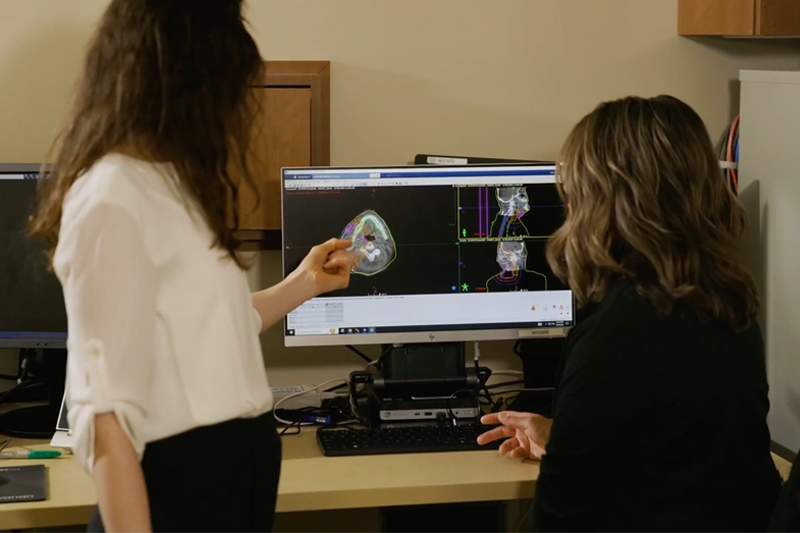
Meet Our Cancer Care Team
Riverside’s board-certified oncologists specialize in the prevention, early detection and treatment of all types of cancers. Working together and with you, we’ll create a personal plan to wellness.
Meet Our Team
Cancer Conversations, Real Answers
Join our experts for myth-busting insights, new treatments and inspiring patient stories. Supporting you every step of the cancer journey.
Listen Now
Get in Touch
Whether you need to find the right specialist or have any questions or concerns, we’re here to help.
Call Us: (815) 933-9660Our Locations
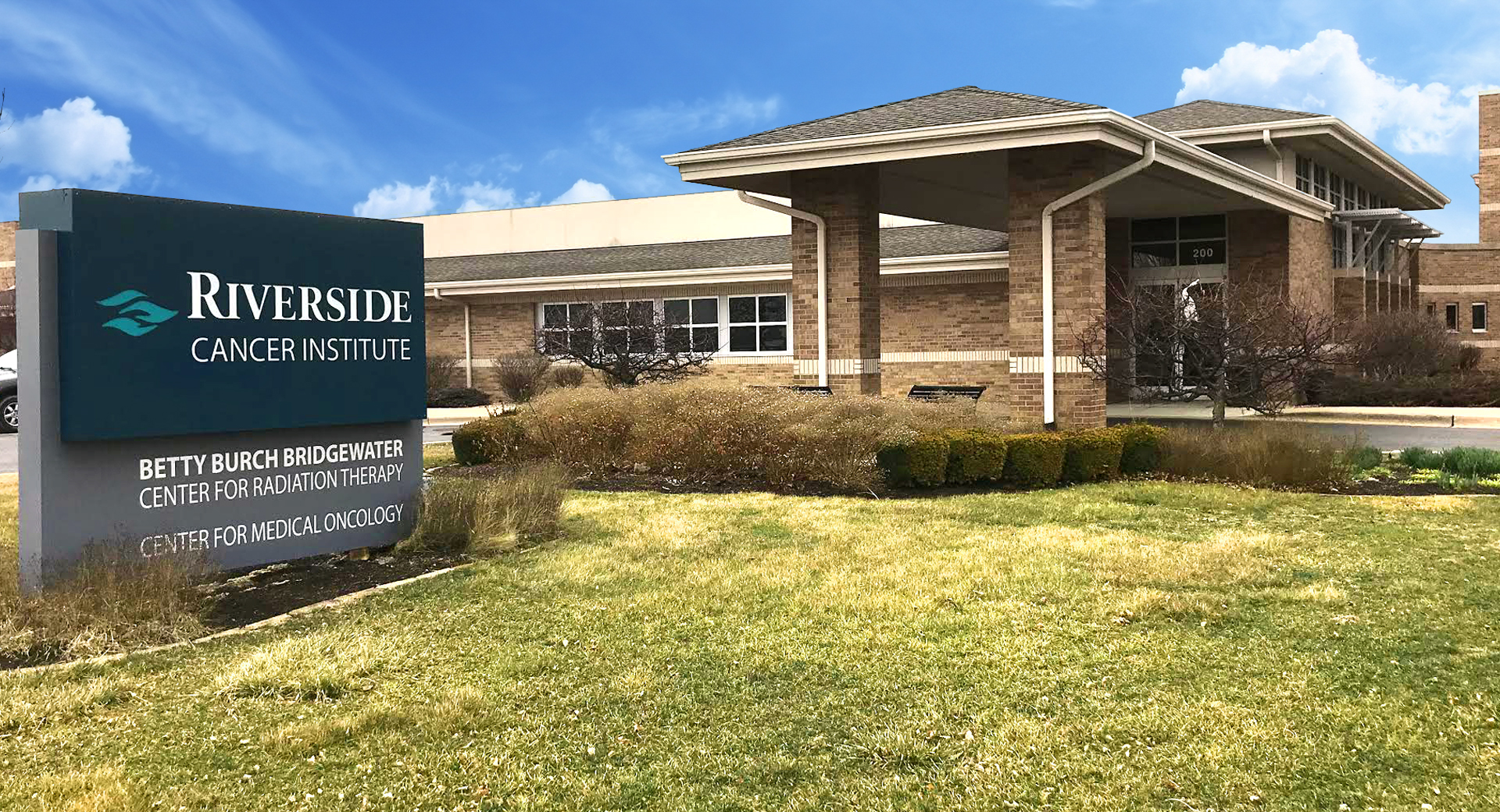
Cancer Care +3 more
Betty Burch Bridgewater Center for Radiation Therapy
Riverside Cancer Institute 200 Riverside Drive - Bourbonnais, IL 60914
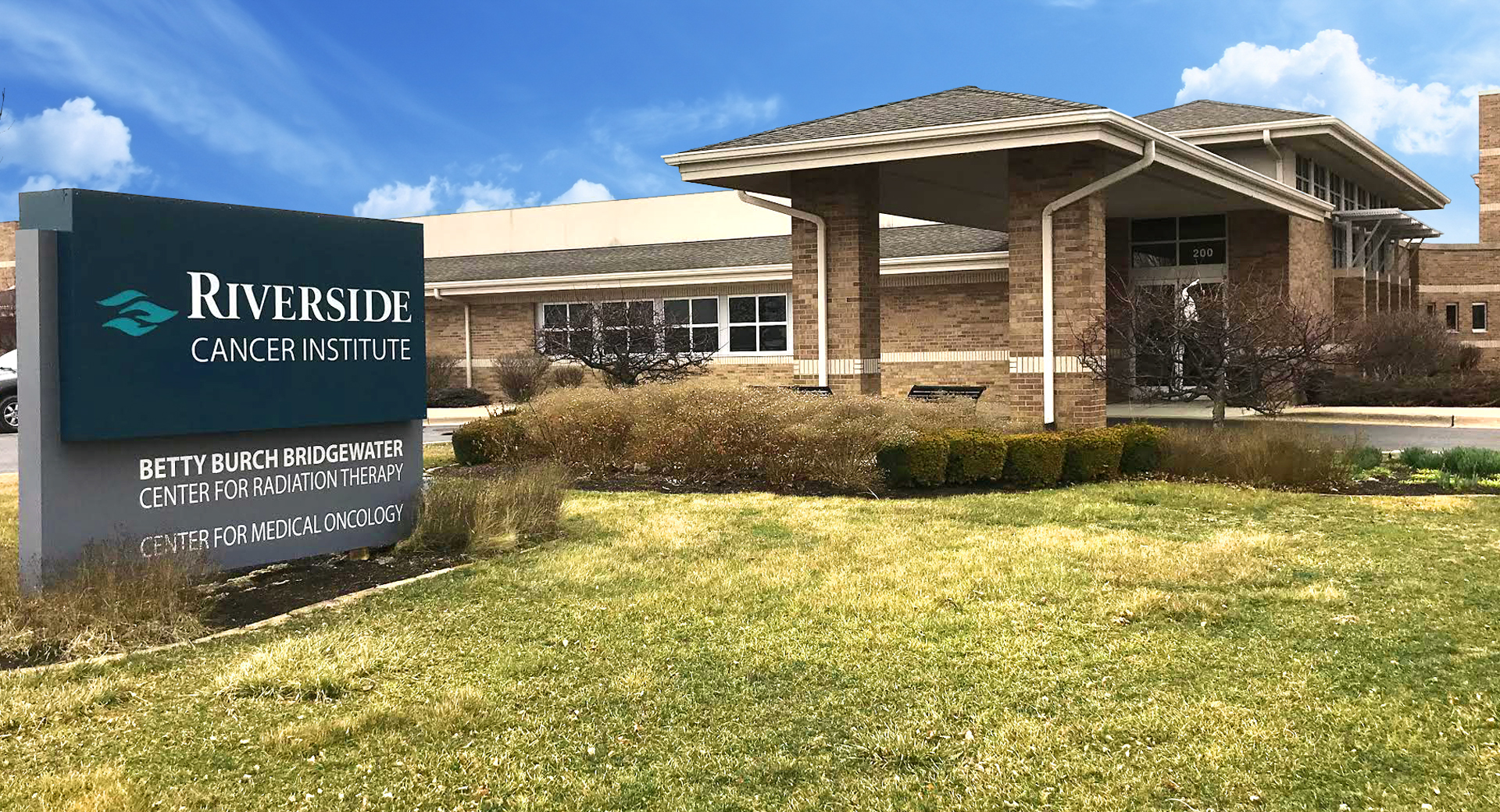
Cancer Care +3 more
Riverside Cancer Institute
200 Riverside Drive - Bourbonnais, IL 60914
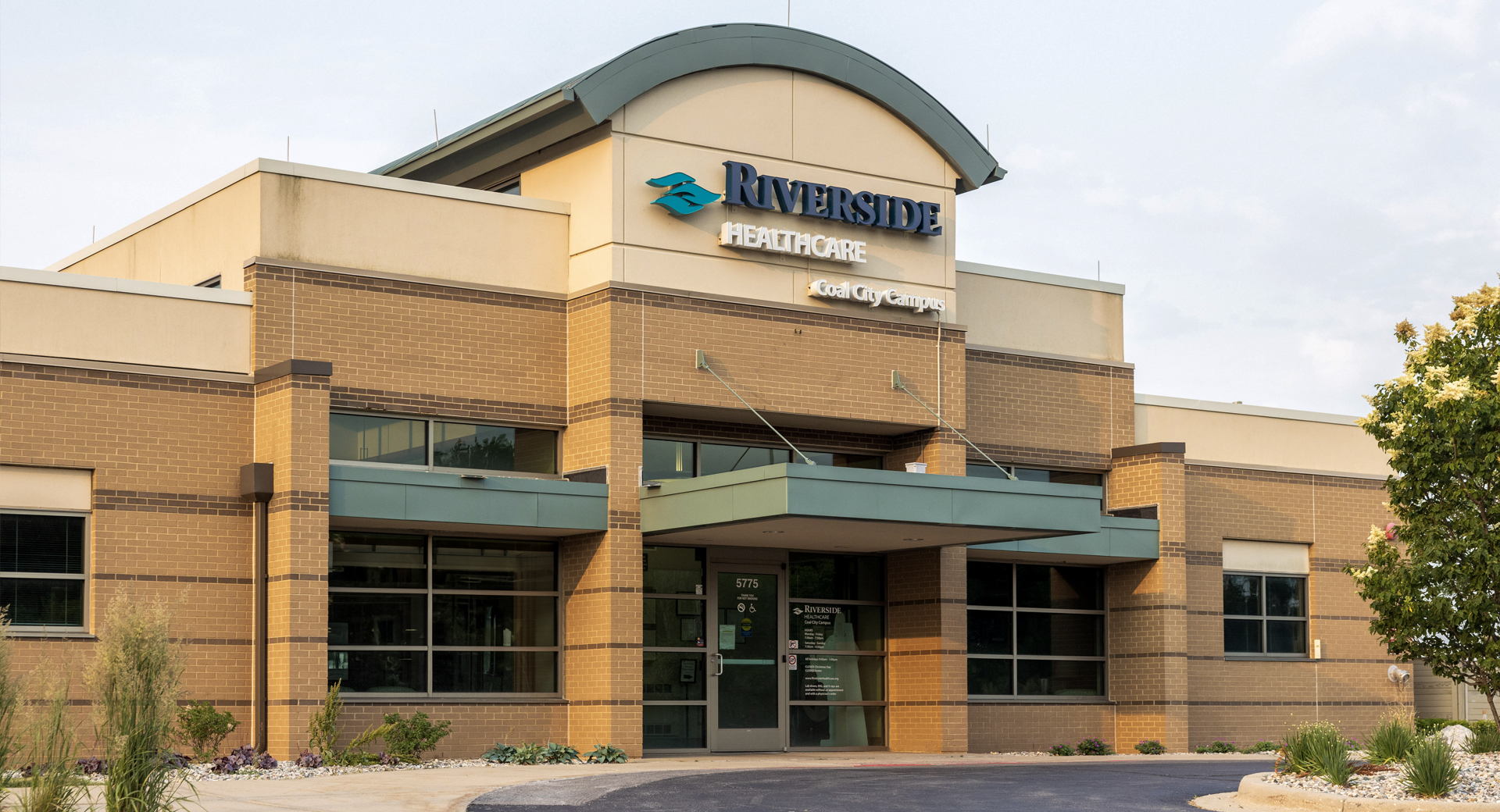
Medical Clinic +15 more
Riverside Healthcare Coal City Campus
5775 E. Highway 113 - Coal City, IL 60416
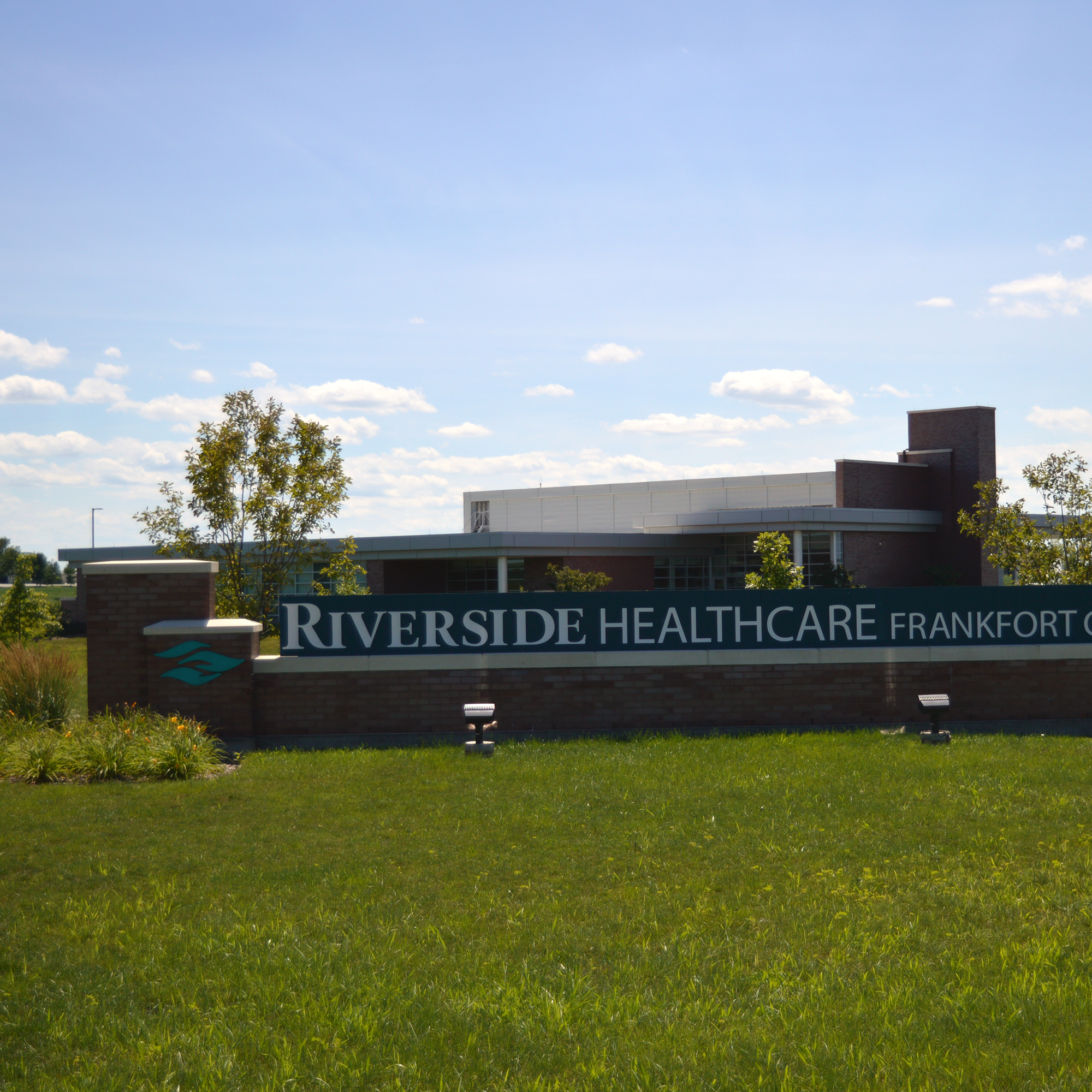
Medical Clinic +16 more
Riverside Healthcare Frankfort Campus
23120 S. LaGrange Road - Frankfort, IL 60423
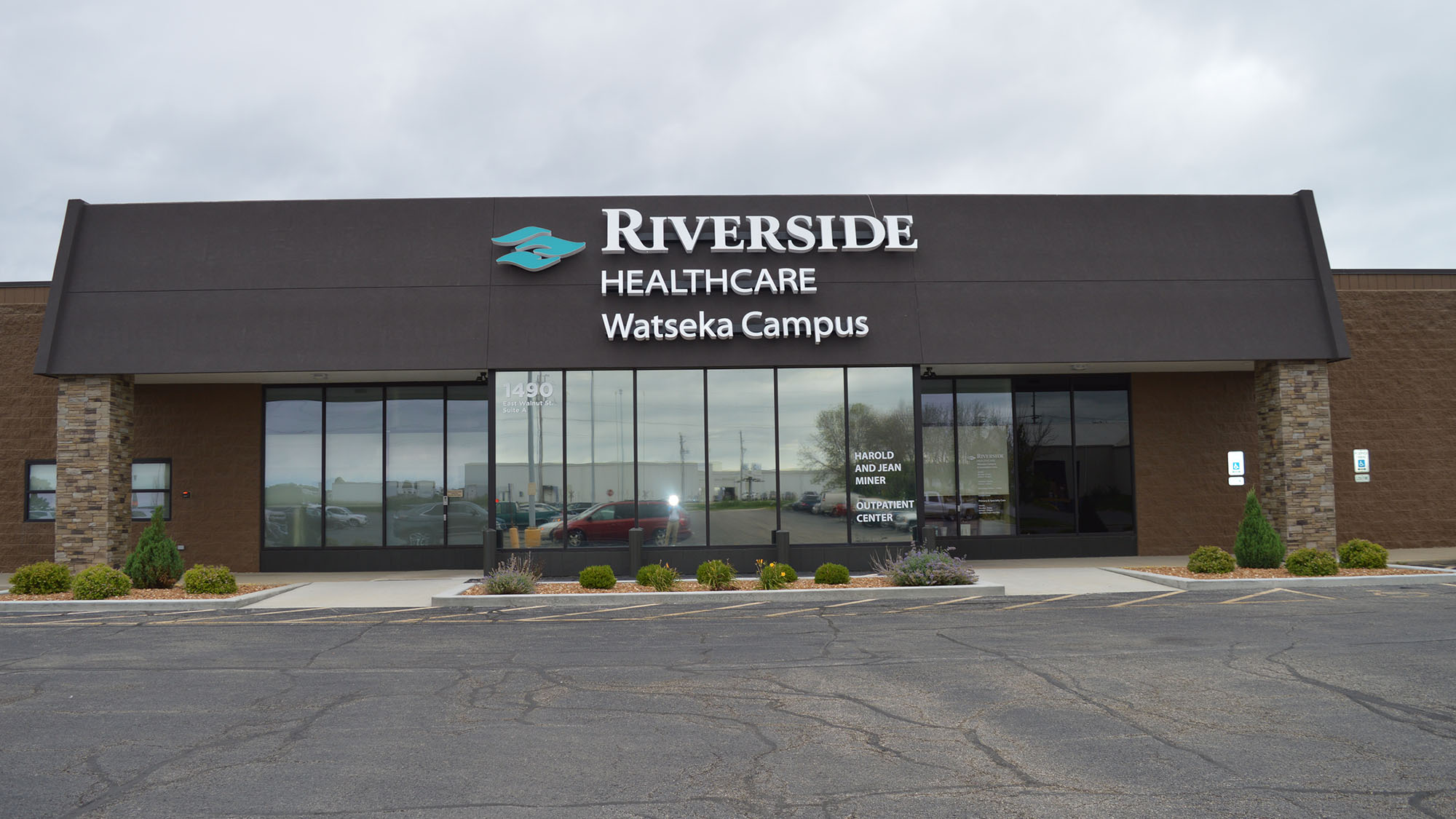
Medical Clinic +17 more
Riverside Healthcare Watseka Campus
1490 E. Walnut Street Suite A - Watseka, IL 60970
